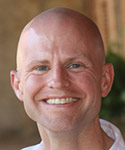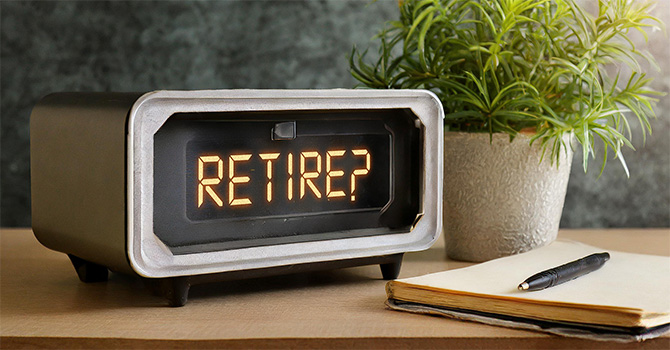I am writing this blog post in a crowded coffee shop as espresso is brewed, milk is steamed, friends and couples reconnect, and children play. Surprisingly, I find it easier to focus and write here, in this sea of noise, than I do in the office.
Perhaps you’ve experienced a similar phenomenon in your own life and work.
I was a bit baffled by this until a colleague forwarded to me a TEDx talk by Jason Fried, “Why Work Doesn’t Happen at Work.” Fried, the cofounder and president of 37Signals, spends much of his time thinking about questions of productivity and collaboration within the workplace.
Through this work, he has spent a good deal of time asking people about their work habits and has found that people consistently find the office a barrier to their productivity rather than a setting that facilitates -- let alone, ensures -- it.
He has a simple diagnosis for why this is so -- the office guarantees interruptions in two forms, managers and meetings. An office hierarchy leads to impromptu check-ins, touch bases, and other conversations that disrupt the flow of thought and work.
This goes both ways: direct reports interrupting their bosses, and bosses interrupting their direct reports. Likewise, the relentless flow of meetings leads to a turbulent pattern within a day that impedes progress.
What makes his TED talk worth watching is not so much his diagnosis but his provocative, threefold prescription for how to make the office a more productive space.
First, he suggests that offices should impose a “no talking on Thursday” rule. If an office could be a silent place, even for a few hours a week, or at least a place in which people weren’t always interrupting each other for conversation, he posits that we could all be much more productive.
Second, he proposes that offices suspend active communication in favor of passive communication methods. He says that offices should adopt a culture in which email and instant messaging are considered the norms for intra-office communication. Rather than walk over to someone’s desk or pick up the phone to ask a question, send it by email or IM so the person can respond when she or he has time.
Finally, he urges people in the audience to look at their calendars and cancel the next meeting found there, regardless of what it is. For him, meetings are not times when work is done; they are distractions from work that should be held as infrequently as possible.
There’s a part of me that wants to push back against his recommendations. They feel like the kinds of things that undermine workplace community and threaten team morale.
And yet I cannot dispute my success in the coffee shop.
No one talked to me directly. I had no meetings. I utilized only passive communication methods. I finished my blog post in a fraction of the time it would have taken me to write it in the office -- six hours before my deadline.







